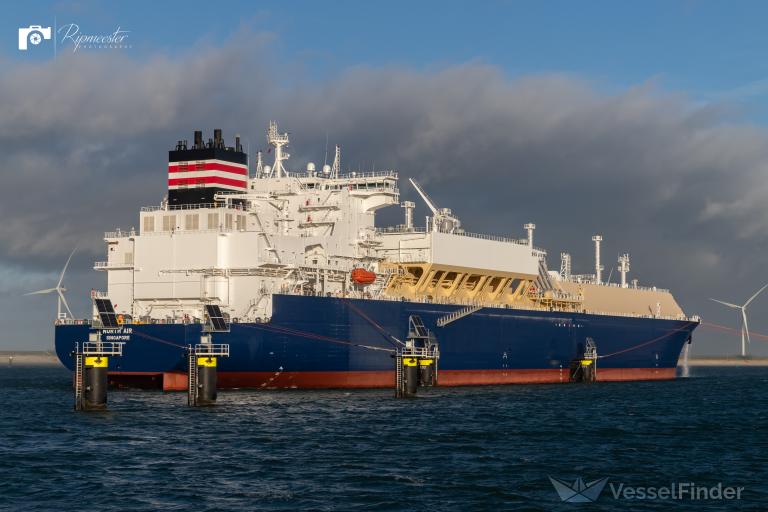Europe boosts Russian LNG imports to record levels despite sanctions
Bloomberg's analysis of ship-tracking data shows that Russian LNG exports hit record levels in 2024, even though Western sanctions were meant to limit the country's energy industry.


Europe’s imports of Russian liquefied natural gas (LNG) have reached record levels, highlighting the continent’s ongoing reliance on Russian energy despite political tensions and sanctions following the invasion of Ukraine.
Despite sanctions aimed at curtailing Russia’s energy sector, the country’s LNG exports reached an all-time high last year, according to ship-tracking data analyzed by Bloomberg.
The surge in LNG imports comes as Ukraine closed its pipeline transit route for Russian gas on 1 January 2025, ending a five-decade-old energy corridor. However, rather than reducing overall Russian gas imports, European buyers have significantly increased their purchases of Russian LNG, particularly from the Novatek-led Yamal LNG plant.
Russian President Vladimir Putin has expressed confidence in this trend continuing, stating during his December press conference that Russia “will continue to increase our share on world LNG markets” despite Western sanctions targeting this growth.
The shift from pipeline gas to LNG has helped Russia maintain its position as a key energy supplier to Europe, even as traditional pipeline routes face political and regulatory challenges. Before the full-scale war against Ukraine, Russia supplied about 155 billion cubic meters of pipeline gas to Europe annually. In 2024, this figure dropped to approximately 30 billion cubic meters, with over half flowing through the now-closed Ukrainian route.
Energy consultant Claudio Steuer of IHRDC, Boston, notes that while “the natural gas and LNG landscape has changed dramatically for Russia in the last three years,” the country has managed to adapt its export strategy, albeit with greater investment requirements and potentially lower profit margins.
Looking ahead to 2025, industry observers are closely watching potential developments in sanctions policies, particularly in light of the upcoming US presidential election. Additionally, the US’s own ambitions to increase LNG exports to Europe could affect market dynamics, Bloomberg supposes.
Related:
- Russian-backed Transnistria rejects EU gas despite supply crisis
- Russian gas cutoff triggers rolling blackouts in Moldova’s pro-Russian Transnistria
- Gas supply ends in Moldovan Transnistria after Ukraine halts Russian gas transit
- “Historic event”: Ukraine halts Russian gas flow to Europe
- Politico: Russian gas cutoff leaves Slovakia stable despite Fico’s fearmongering
- The secret Soviet council which established the Kremlin’s gas monopoly on Europe



